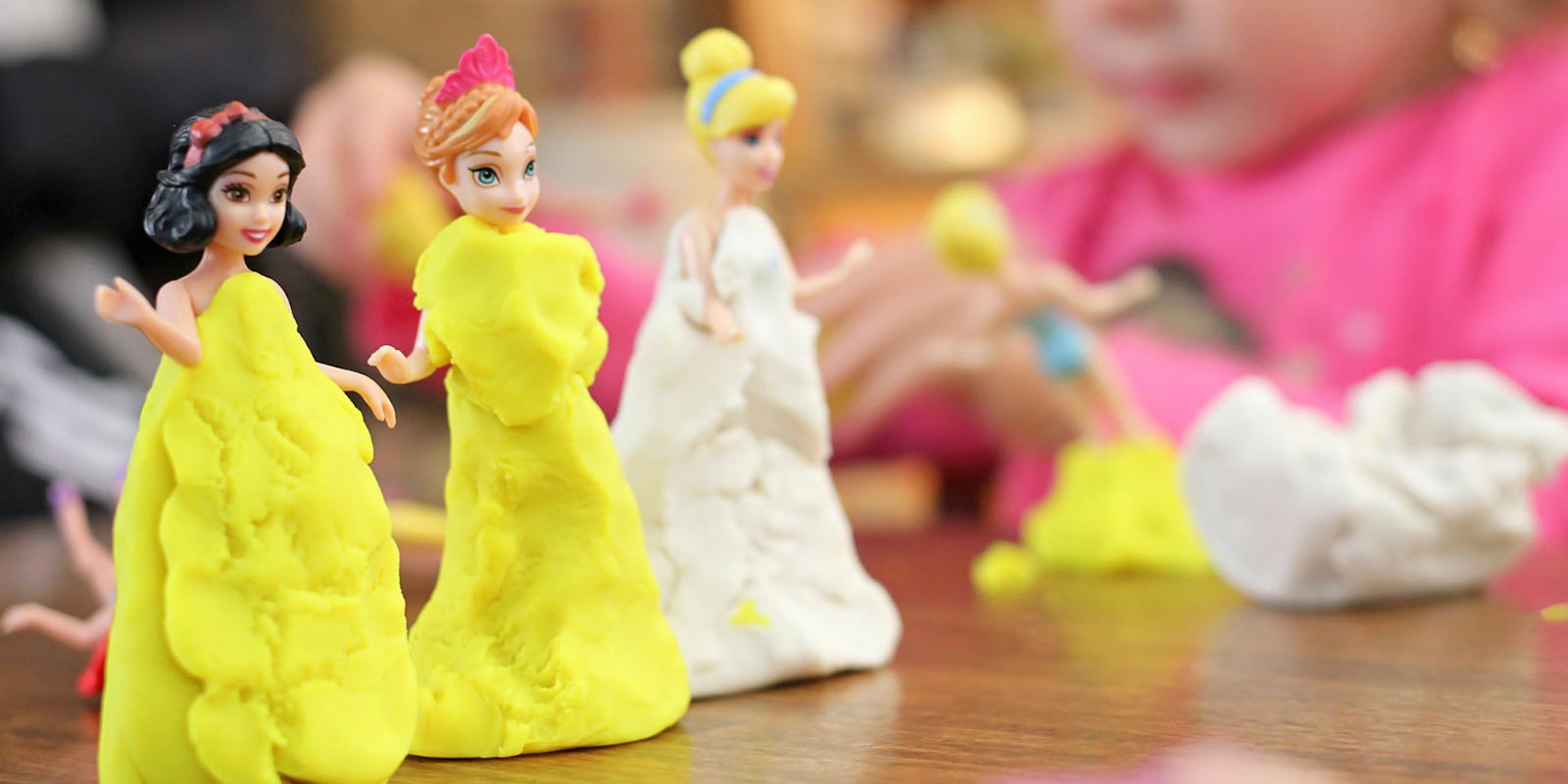
When early childhood educators are first taught how to program by following children's interests, they can be confused about following a child's interest in popular culture. This includes - movies, television, music, video games, sports teams, fashion and commercial products.
Early childhood education is focused on natural materials, screen-free play and wholesome messages, so how can early childhood educators respond to popular culture?
EYLF learning outcomes
Early childhood educators can easily link popular culture with the Early Years Learning Framework. Concepts from mass media and the internet help children make meaning using a range of media (5.3) and connect with technologies (4.4).
Children are usually attracted to elements of popular culture that inspire their curiosity, imagination, creativity and confidence (4.1). Mythical creatures like superheroes and unicorns can help children feel safe (1.1).
Learning experiences
Role-play your favourite character
Encourage children to dress up as their favourite television character (help them make a costume if required) and act out familiar scenes. This is an excellent opportunity for children to explore the qualities that attract them to this character. Children may like superheroes for their physical powers or princesses for their fashion and long hair.
Make something
Children can make something associated with their interest in popular culture. Simple ideas include masks and puppets. Children can also construct miniature worlds (e.g. where their favourite character lives) from building blocks.
Tell a story
Encourage children to tell stories about their favourite character to a small group of friends. They can ask questions afterwards. This experience promotes social and language skills and develops a love for storytelling.
As an alternative activity, children can create their own books. They can assemble paper into a book, plan a storyline and draw images. An educator can write their story in the book for them.
Design your own movie theatre
While television is usually discouraged in early childhood education, consider the benefits of a movie afternoon. Children can plan this event in advance:
- Educators can help children brainstorm what a cinema looks like.
- Children can design and set up the cinema.
- Children can act as ticket sellers and ushers, showing other children to their seats.
- In the morning, children could make popcorn for everyone to eat while they watch the film.
